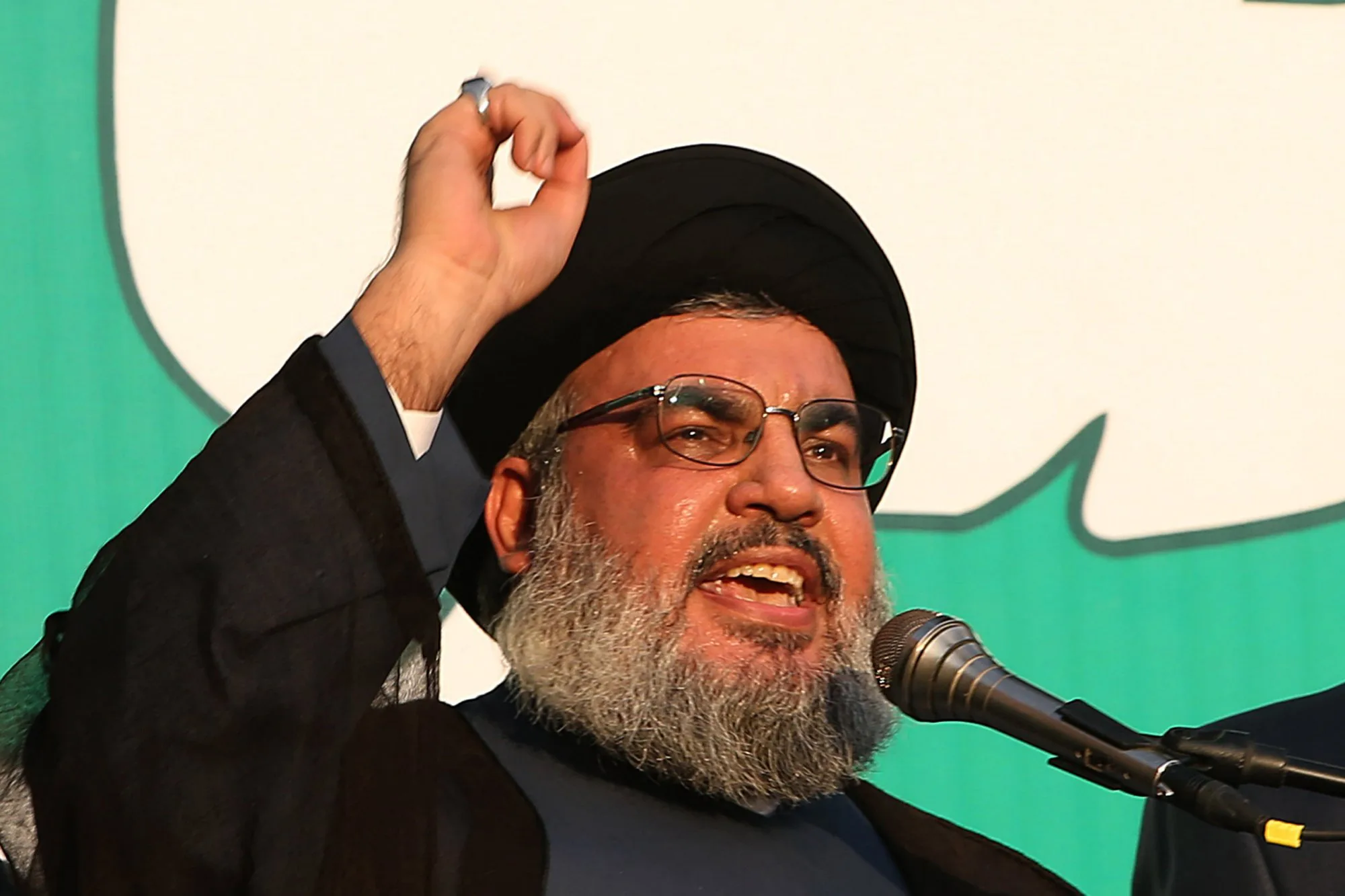Hassan Nasrallah, the long-time leader of Hezbollah, was killed in an Israeli airstrike on September 27, 2024, in Beirut. His death marks a significant moment in the ongoing conflict between Israel and Hezbollah, a group Nasrallah led for over three decades.
A Polarizing Figure
Nasrallah’s leadership transformed Hezbollah into one of the most powerful paramilitary organizations in the Middle East. Under his command, Hezbollah not only engaged in numerous conflicts with Israel but also played a controversial role in the Syrian Civil War. Hezbollah’s involvement in Syria, particularly its support for the Assad regime, has been linked to the massacre of Sunni populations, contributing to the deaths of hundreds of thousands in Syria and Iraq.
The War Against Israel
Nasrallah was a central figure in Hezbollah’s long-standing conflict with Israel. He led the group through the 2006 Lebanon War and numerous skirmishes along the Israel-Lebanon border. His strategic acumen and ability to mobilize Hezbollah’s resources made him a formidable opponent. Despite his controversial actions, Nasrallah was seen by many in Lebanon and the broader Arab world as a symbol of resistance against Israeli aggression.
A Divisive Legacy
Nasrallah’s death has elicited mixed reactions. For some, he was a hero who stood up to Israel and fought for the Palestinian cause. For others, his legacy is marred by the violence and sectarian strife he perpetuated in Syria and Iraq. His passing leaves a significant void in Hezbollah’s leadership and raises questions about the future direction of the group.
It is worth noting that Iran’s response to Beirut being bombed was not satisfactory to the axis of resistance at all. To make it worse Iran’s president was busy negotiating in the United States while Hezbollah and Lebanon were being bombed. As the region reacts to Nasrallah’s death, the impact of his leadership and the controversies surrounding his actions will continue to shape the Middle East’s geopolitical landscape.
